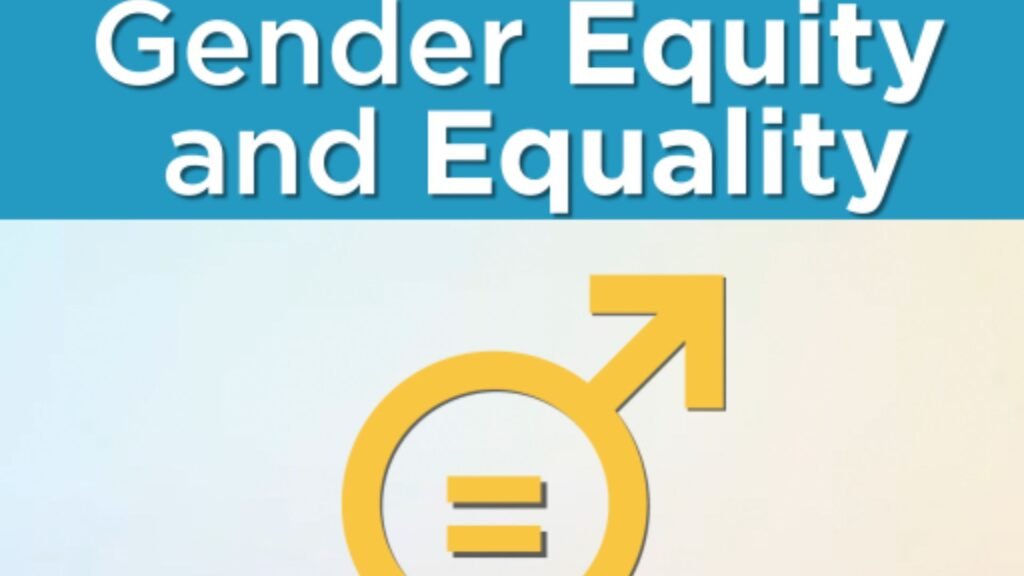Gender Equality in Healthcare Access
Gender equality in healthcare access is essential for ensuring that all individuals receive the care they need, regardless of their gender. Equal access to healthcare services promotes fairness, improves health outcomes, and contributes to a more inclusive healthcare system. This article will discuss why gender equality in healthcare access is important and how to address disparities in medical treatment.

Why Gender Equality in Healthcare Access Matters
Gender equality in healthcare access is crucial for several reasons:
- Fairness: Every person deserves the right to receive quality healthcare without discrimination. Gender-based disparities in access can lead to unequal treatment and affect health outcomes.
- Health Outcomes: Gender disparities in healthcare can result in differences in health outcomes. For example, women might experience delays in diagnosis for certain conditions due to biases in medical research or practice.
- Inclusive Healthcare: Ensuring gender equality in healthcare helps create a more inclusive system that respects and meets the needs of all individuals, regardless of their gender identity.
Challenges to Gender Equality in Healthcare Access
Gender equality in healthcare access faces several challenges:
- Medical Bias: Medical professionals may have unconscious biases that affect their treatment decisions. For example, women might not be taken as seriously when reporting pain, leading to delays in diagnosis and treatment.
- Limited Research: Historically, medical research has often focused on male subjects, leading to gaps in knowledge about how certain conditions affect different genders. This can result in less effective treatments for women and non-binary individuals.
- Healthcare Costs: Gender-specific healthcare needs, such as reproductive health services, can be expensive. In some cases, individuals might face financial barriers to accessing necessary care.
- Access to Services: People in marginalized communities, including women of color and transgender individuals, may face additional barriers to accessing healthcare services. These barriers can include discrimination, lack of culturally competent care, and logistical issues.
Strategies for Promoting Gender Equality in Healthcare Access
To address gender equality in healthcare access, several strategies can be implemented:
1. Implement Bias Training for Healthcare Providers
Training programs can help healthcare providers recognize and address unconscious biases. By raising awareness of how biases affect patient care, providers can make more objective and equitable decisions.
2. Promote Inclusive Research
Encourage and fund research that includes diverse populations, including women and non-binary individuals. Research should account for gender differences in health conditions and treatment responses to ensure that all patients receive effective care.
3. Improve Access to Gender-Specific Services
Ensure that gender-specific healthcare services, such as reproductive health care and hormone therapy, are accessible and affordable. This includes expanding coverage for these services and addressing any financial barriers that patients might face.
4. Enhance Patient Education
Provide clear and inclusive information about healthcare options and services. Educational materials should address the needs of all genders and offer guidance on accessing appropriate care.
5. Foster Culturally Competent Care
Train healthcare providers to offer culturally competent care that respects and meets the needs of patients from diverse backgrounds. This includes understanding and addressing the unique healthcare needs of different genders and communities.
6. Support Policy Changes
Advocate for policy changes that promote gender equality in healthcare. This includes supporting legislation that ensures equal access to healthcare services and protects against discrimination based on gender.
7. Increase Availability of Support Services
Provide support services such as counseling and assistance for navigating the healthcare system. Support services can help patients overcome barriers to accessing care and ensure they receive the support they need.
8. Address Healthcare Infrastructure Issues
Improve healthcare infrastructure to ensure that facilities are accessible to all individuals. This includes making physical spaces accessible and ensuring that services are available in diverse languages and formats.
Benefits of Gender Equality in Healthcare Access
Achieving gender equality in healthcare access offers several benefits:
- Improved Health Outcomes: Fair and equitable access to healthcare leads to better health outcomes for all individuals, regardless of gender.
- Enhanced Patient Satisfaction: Patients who receive respectful and inclusive care are more likely to be satisfied with their healthcare experiences.
- Reduced Disparities: Addressing gender disparities in healthcare helps to reduce overall health inequities and promotes a more just and inclusive system.
- Stronger Healthcare System: A healthcare system that meets the needs of all individuals is more effective and resilient, leading to better overall health for the population.
Conclusion
In conclusion, gender equality in healthcare access is essential for ensuring fair and effective treatment for all individuals. By addressing challenges such as medical bias, limited research, and access to services, and implementing strategies like bias training, inclusive research, and policy changes, we can work towards a more equitable healthcare system.
Promoting gender equality in healthcare not only improves health outcomes and patient satisfaction but also contributes to a more inclusive and effective healthcare system. Committing to these practices helps create a fairer and healthier world for everyone.



